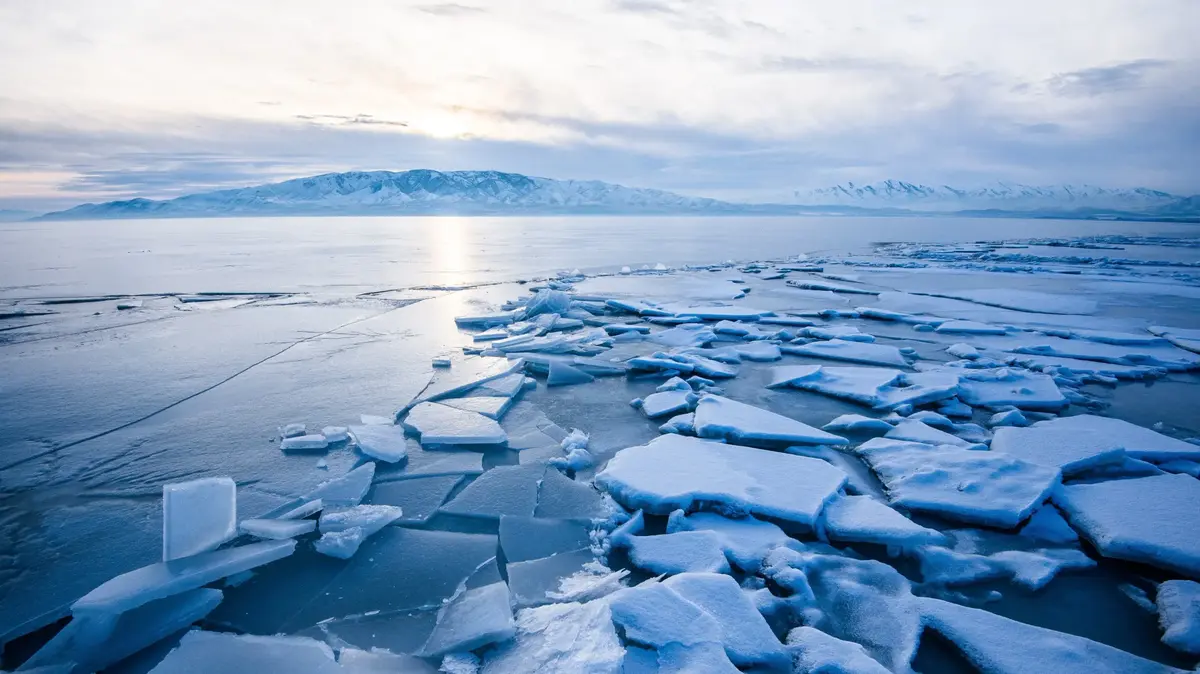The glaciers in the West Antartkis could melt even faster than previously thought.
A recent study brings a new factor into play.
Bremerhaven - The glaciers on the Antarctic are melting due to the consequences of climate change. This knowledge has been known for a long time - and yet the situation is becoming more alarming. West Antarctica in particular is one of the “hot spots” for glacier melt. German and British researchers have now found out through geothermal measurements that rising heat under the Thwaites Glacier could contribute to a further shrinkage of the ice masses. This was announced by the Alfred Wegener Institute (AWI) in Bremerhaven on Wednesday (August 25th, 2021).
"Our data show that where the earth's crust is only 17 to 25 kilometers thick, geothermal heat flows of up to 150 milliwatts per square meter occur," describes Ricarda Dziadek, head of the study at the Alfred Wegener Institute.
The high heat flows under the ice are due to the location of the glacier, which lies in a tectonic rift and has a thin earth crust.
However, it is unclear to what extent the rising geothermal energy changes the glacier.
This is the subject of further investigations.
Researchers from the Alfred Wegener Institute, the Helmholtz Center for Polar and Marine Research (AWI) and the British Antarctic Survey are involved in the project.
Melting glaciers in Antarctica: Ice could melt faster than previously thought
"The temperature on the underside of the glacier depends on many factors - for example on the question of whether the subsoil consists of compact rock or of meter-thick water-soaked sediments," explains Karsten Gohl, co-author of the study and geophysicist at AWI. The higher geothermal energy could lead to the underground of the glacier bed no longer freezing properly. A kind of “underfloor heating” could slumber under the ice, which could accelerate the melting of the glaciers.
In the past 40 years, the Thwaites Glacier alone has lost almost 5,000 billion tons of ice as a result of climate change, reports the FAZ. That would correspond to more than a third of the total ice loss in Antarctica during this period. Only recently, the alarming report by the Intergovernmental Panel on Climate Change * showed more clearly than ever before how rising greenhouse gas emissions * are threatening the planet. The sea level rises faster, the ice at the poles and glaciers melt faster. (Marvin Ziegele)
* fr.de is an offer from IPPEN.MEDIA.





